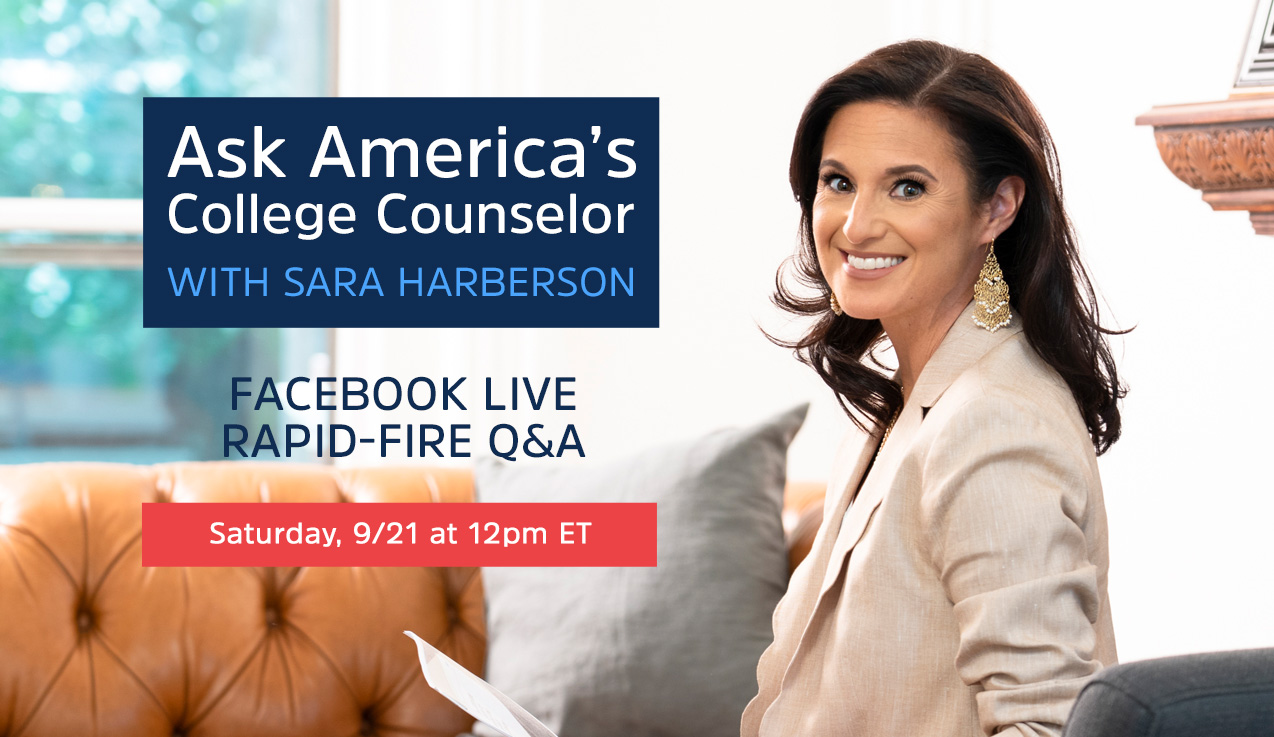Two days ago, I posted a poll on my Instagram Story about whether Felicity Huffman's 14-day prison sentence for paying a testing proctor to change her daughter's SAT was enough. The vast majority of my followers believed she should have gotten more time behind bars.
The dozens of others parents still awaiting trial may have harsher sentences to face. In the wake of the largest admissions scandal in the history of higher education, legal experts explain, though, that the challenge with this far-reaching case is that there are no victims from a legal standpoint. However, in the court of public opinion, the victims are the millions of students and parents who have gone through the admissions process with pure intentions yet have not seen the outcomes they expected.
The "regular" student doing extraordinary things oftentimes gets passed over. With no "Rick Singer" or influential consigliere to pave the way for them, they must rely on their own intuition and willingness to adapt to any situation. This blog is for them.
Here are five things that regular kids can do to allow them to stand out and stand up to colleges who have long been favoring students for the wrong reasons:
1. Make sure you are applying to colleges that will value you as an individual and will take the time to read your application carefully.
There are almost a thousand colleges with test optional policies and another thousand colleges or so with admissions policies that are far more generous and thoughtful than the colleges caught up in the admissions scandal.
2. Be bold in your choice of essay topics and deliver passionate writing.
Essays should literally move an admissions officer to act on your behalf. Give them something that no one else is writing about. Give them insight into how your mind and heart work.
Need an essay topic that will knock admissions officers' socks off?
Download my Ultimate Guide to Picking the Perfect College Essay Topic—for free!
3. Lean on teachers and counselors to advocate for you.
As much as letters on fancy letterhead from politicians and well-connected folks used to be an entrée into elite colleges, those days are numbered. The letters that matter the most come from the student's high school. Many teachers and counselors haven't written their letters for you yet. Sit down and let them know exactly why you asked them for a recommendation letter and remind them of those wonderful moments in class and outside of class when they observed you being extraordinary.
4. Let your grades speak for themselves.
Even if you are applying Early Decision or Early Action, most colleges will happily accept first quarter or trimester grades. If senior year is your best year yet, make sure the colleges considering your application see those grades.
5. Appeal to the college's emotions.
If you get deferred, write an impassioned letter. If you don't have the money to visit campus before you apply, write an email to your admissions officer explaining this. If you love that college more than any other, make sure your supplemental essays reflect that. Words are a powerful vehicle to reaching your dreams.
I am hopeful that changes are afoot for regular kids applying to college. As more details emerge about how colleges handle special cases, VIP students, and even hefty donations, the power will shift. Colleges must regain the public's trust. This is an opportunity for them to clean up their acts and eliminate unfair practices that disadvantage our kids. When that occurs, higher education will no longer feel like a secret fraternity, but a place where honesty and ethics reign.











